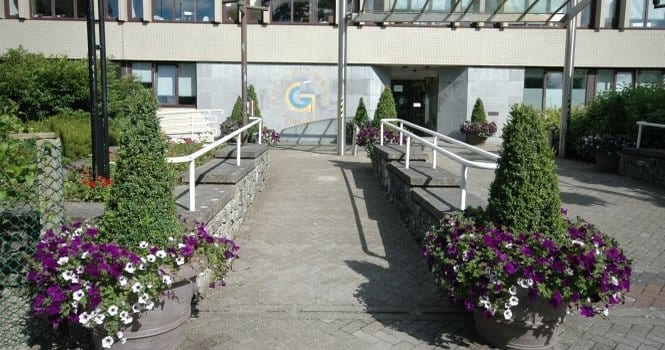Galway City Council has unveiled its ambitions to generate an additional €39m over the next five years for investment in housing, tourism, arts, sports, and amenity and recreation infrastructure across the city.
The investment programme for Budget 2025 is being developed by the Local Authority and Elected Members in response to shortfalls in service delivery and projects arising from expenditure inflation of over 30% since 2019, rising operational costs, and increased demands for services.
Following the Local Elections and organisational re-structuring of Galway City Council, both senior management and Elected Members have been involved in a process of reviewing priority strategic projects for investment, and the need to increase services to the people of Galway City.
Elected Members will be asked to approve a 15% adjustment to the Local Property Tax (LPT) on Monday 14 October, ahead of being asked to vote on a proposed 15% increase in Commercial Rates at the Council’s annual Budget Meeting on 18 November, marking the first increase of either the LPT or Rates in more than a decade.
Areas targeted for investment arising from the increased revenue include derelict sites, street cleaning, the development of a city campervan facility; public toilets, the maintenance of housing, parks and footpaths, the delivery of social and affordable housing, climate action projects, and Town Hall Theatre works.
Leonard Cleary, Chief Executive of Galway City Council commented, “As Galway City has transformed from a large provincial town in the 1980s to a lively modern city, with two world class universities, one of the top five internationally recognised med tech clusters, and over two million visitors annually, it is essential that the city looks at reasonable increases in Local Property Tax and Rates, to retain our reputation as a high quality location to live in, visit, and to do business.”
“Subsequent years of increasing expenditure inflation and rising operational costs have led us to a point where Council officials and the Elected Members are being forced into choosing which recreation, amenity and public good projects to suspend and which public services to scale back,” explained Mr. Cleary.
“Councillors now have the opportunity to invest in the city’s future, and to tackle a pattern of underinvestment and issues in service and project delivery that they have identified on behalf of their electorate.”
Helen Kilroy, Director of Finance, Galway City Council commented, “Recognising the competitive environment businesses in the city face, Galway City Council is recommending an increase in Rates should be accompanied by an incentive scheme for businesses, with Galway City Council continuing to administer Government grants, including the Increased Cost of Business Grant which paid €7.6m to businesses in Galway City this year.”
“At a practical level, this will help certain targeted categories of businesses address the Rates increase. 70% of businesses in Galway City would experience an increase of less than €1000 – approximately €20 per week – as a result of the proposed change.”
Local authorities are funded through a combination of commercial rates, charges, LPT and State funding.
The LPT adjustment will see the majority of households, which are in the lowest three bands of property values, pay between 26 cents and 91 cents extra per week.
Galway City Council is one of the last local authorities in the country to propose an adjustment in LPT for reinvestment in the local area.
According to Mr. Cleary, “Revenue accrued from the LPT and Rates are vital for investment in services such as playgrounds, street cleaning, bins, Galway City Dog Shelter, Patrick’s Day Festival events, Halloween Macnas Parade, on-street dining initiatives, sports events such as screenings and homecomings, libraries, fire services, school wardens and storm clean ups.”
The increase in local authority funding is also designed to help access additional funding from the central government and EU for capital projects.
Schemes such as the Community Sport Facilities Fund and Urban Regeneration and Development grant scheme require match funding of up to 30% from the local authority in order to access them.
“Consequently, the scale and ambition of capital projects we are developing will exponentially increase if we have more finances available to us,” Clear added.











